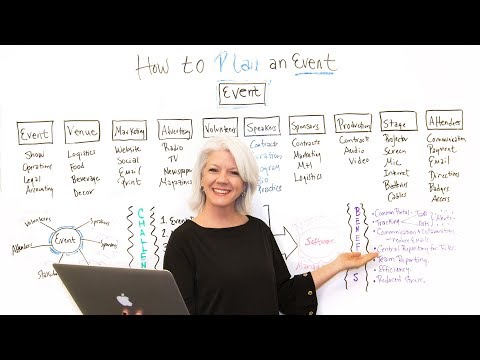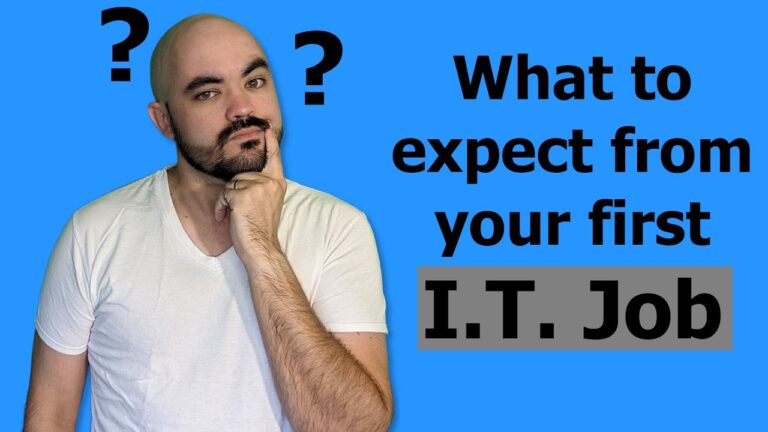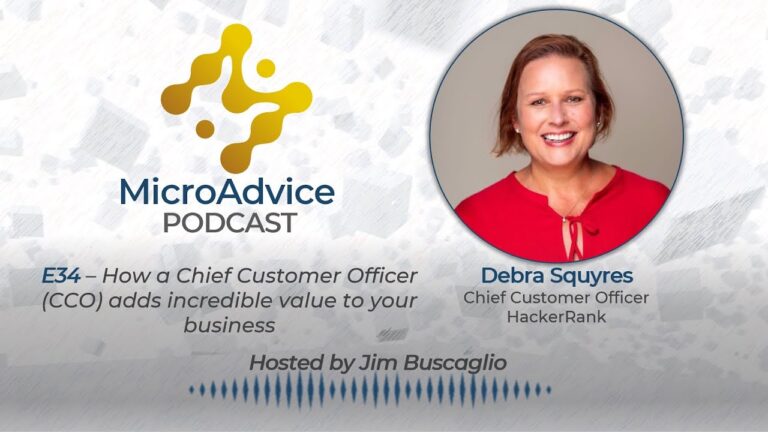Discovering the Exciting World of Event Planning: Job Description and Salary
An Event Planner is responsible for organizing and coordinating various events, such as weddings, conferences, parties, and corporate meetings. They work closely with clients to understand their event requirements and objectives, and then devise a detailed plan to ensure a successful outcome. Event Planners are involved in every aspect of event management, including budgeting, venue selection, vendor coordination, and logistics. They also handle event promotion, marketing, and managing client expectations. To excel in this role, Event Planners must have excellent communication and negotiation skills, as they need to liaise with clients, suppliers, and colleagues. They should be highly organized, detail-oriented, and capable of multitasking in a fast-paced environment. Creativity and problem-solving abilities are also essential to overcome any challenges that may arise during the planning process. Event Planner Salary
The salary of an Event Planner can vary depending on factors such as experience, location, and the size and complexity of events they handle. On average, Event Planners earn a competitive salary ranging from $40,000 to $60,000 per year. However, top professionals with extensive experience and a successful track record can earn significantly higher salaries. Additionally, many Event Planners have the opportunity to earn extra income through commissions and bonuses, especially if they work for event planning agencies or have their own business. Furthermore, professionals who specialize in planning high-profile or destination events may command higher fees due to the level of expertise and attention to detail required. In conclusion, being an Event Planner offers both financial rewards and the opportunity to work in a dynamic and exciting industry. With the right skills and experience, one can build a successful career in event planning.

Event Planner Job Description Template
Event Planner Job Description Event planners are professionals responsible for organizing and executing various types of events, such as weddings, conferences, parties, and corporate gatherings. They work closely with clients to understand their needs and preferences, and then plan and coordinate every aspect of the event to ensure its success. One of the most important tasks of an event planner is to develop a detailed event timeline and budget. They need to carefully manage resources, including finances, vendors, and staff, to ensure that everything runs smoothly and within the allocated budget. In addition, event planners are responsible for securing venues, arranging transportation and accommodations, coordinating catering and food services, and overseeing event setup and breakdown. Creativity is a crucial skill for event planners as they are often required to come up with innovative ideas to make each event unique and memorable. They must have excellent organizational and time management skills to handle multiple tasks and deadlines simultaneously. Strong communication and negotiation skills are also essential for building relationships with clients, vendors, and other stakeholders. Event planners must be able to anticipate and solve any problems that may arise during the planning and execution stages. They should be flexible and adaptable to changing circumstances and have the ability to work well under pressure. Attention to detail is vital to ensure that every aspect of the event meets the clients’ expectations and requirements. In conclusion, event planners play a crucial role in creating successful events. Their ability to plan, coordinate, and execute events with precision and creativity is essential for delivering memorable experiences to clients and guests.Event Planner Responsibilities
- Meeting with clients to discuss event details and objectives.
- Creating event concepts and themes.
- Developing event budgets and timelines.
- Searching for and securing event venues.
- Collaborating with vendors and suppliers for event materials and services.
- Managing event logistics, including transportation and accommodation.
- Coordinating event setup, including decor and lighting.
- Organizing event registration and ticketing processes.
- Creating and distributing event promotional materials.
- Managing event staff and volunteers.
- Overseeing event operations and troubleshooting any issues that arise.
- Ensuring event safety and compliance with regulations.
- Conducting post-event evaluations and gathering feedback from attendees.
- Preparing event reports and summarizing key metrics.
Event Planner Requirements
How Much Does A Event Planner Make?
Event Planner Salary
| Job Level | Salary Range |
|---|---|
| Entry Level | $30,000 – $40,000 |
| Mid-Level | $40,000 – $60,000 |
| Senior Level | $60,000 – $80,000 |
| Executive Level | $80,000+ |
An event planner’s salary can vary depending on their level of experience and the size of the events they manage. Entry-level event planners can expect to earn between $30,000 and $40,000 per year. As they gain more experience and take on larger events, their salary can increase to a range of $40,000 to $60,000 for mid-level positions. Senior-level event planners, who typically handle more complex events, can earn between $60,000 and $80,000 annually. Those in executive-level positions, who oversee multiple events and manage a team of event planners, can earn $80,000 or more per year.
Event Planner Salaries by Country
Top Paying Countries for Event Planner
| Country | Average Salary (USD) |
|---|---|
| United States | $54,400 |
| Switzerland | $51,700 |
| Australia | $48,500 |
| United Kingdom | $47,800 |
| Canada | $45,900 |
An event planner’s salary can vary greatly depending on the country in which they work. This table showcases the top paying countries for event planners, based on their average salaries. As per the data, the United States offers the highest average salary for event planners, followed by Switzerland, Australia, the United Kingdom, and Canada. It is important to note that these salaries are approximate figures and may vary depending on factors such as experience, qualifications, and the specific industry in which the event planner operates.
A video on the topic Event Planner
Video Source : ProjectManagerInterview Questions for Event Planner
1. What qualities do you think are important for an event planner to have?
As an event planner, it is important to have excellent organizational skills, attention to detail, strong communication abilities, and the ability to remain calm under pressure. Additionally, being creative, flexible, and able to think quickly on your feet are also crucial qualities to possess.
2. How do you go about selecting a venue for an event?
When selecting a venue for an event, I consider factors such as the size and type of event, location, budget, and the specific needs and preferences of the client. I conduct thorough research, visit potential venues, negotiate contracts, and make sure that the chosen venue aligns with the event’s overall vision and goals.
3. How do you handle unexpected challenges or problems during an event?
During an event, unexpected challenges or problems can arise. In such situations, I remain calm and composed, assess the situation quickly, and come up with alternative solutions. I communicate effectively with the event team, vendors, and clients to address the issue promptly and ensure a seamless experience for attendees.
4. How do you manage event budgets and ensure that costs stay within the allocated amount?
Managing event budgets is crucial to the success of any event. I carefully analyze the client’s budget and create a detailed budget plan that includes all anticipated expenses. Throughout the planning process, I track expenses, negotiate with vendors, and make adjustments as needed to ensure that costs stay within the allocated amount.
5. How do you handle event logistics such as transportation, accommodations, and catering?
Managing event logistics requires attention to detail and effective coordination. I work closely with transportation companies, hotels, and catering services to ensure that all arrangements are made according to the event’s requirements. I communicate specific needs, coordinate schedules, and conduct site visits to ensure everything runs smoothly.
6. How do you market and promote events to attract attendees?
I employ various marketing and promotional strategies to attract attendees to events. This includes utilizing social media platforms, creating engaging content, collaborating with influencers or partners, sending targeted email campaigns, and leveraging online and offline advertising. I also analyze the target audience and tailor marketing efforts accordingly.
7. How do you ensure the safety and security of attendees during an event?
Ensuring the safety and security of attendees is a top priority. I work closely with venues and security teams to develop comprehensive plans for emergency situations. This includes having evacuation procedures, conducting risk assessments, implementing crowd control measures, and providing appropriate medical assistance if needed.
8. How do you handle client expectations and ensure their satisfaction?
I believe in open and transparent communication with clients to fully understand their expectations. I maintain regular contact throughout the planning process, provide progress updates, and incorporate their feedback into the event design. By delivering on their vision and going above and beyond to exceed their expectations, I strive to ensure client satisfaction.
9. How do you stay updated with the latest trends and technologies in event planning?
To stay updated with the latest trends and technologies in event planning, I attend industry conferences, workshops, and networking events. I also actively research and follow industry publications, blogs, and social media channels. By continuously learning and adapting, I can bring innovative ideas and solutions to my clients.
10. Can you share an example of a successful event that you planned and managed?
Yes, certainly. One of the most successful events I planned and managed was a corporate conference for a multinational company. I collaborated closely with the client to understand their objectives and designed a comprehensive program that included keynote speakers, breakout sessions, networking opportunities, and an evening gala. The event received positive feedback from attendees, and the client reported achieving their desired outcomes, including increased brand visibility and strengthened industry connections.






